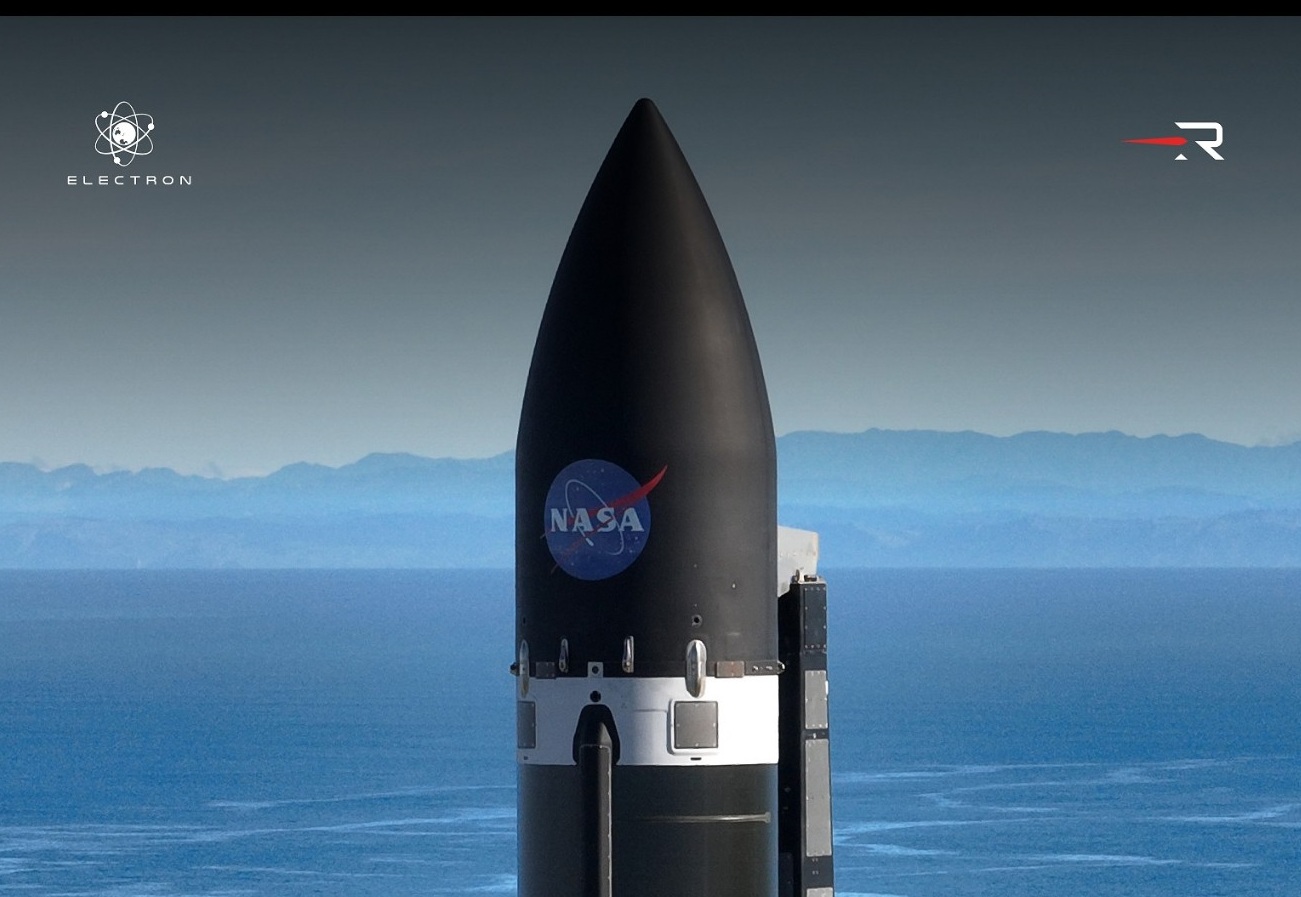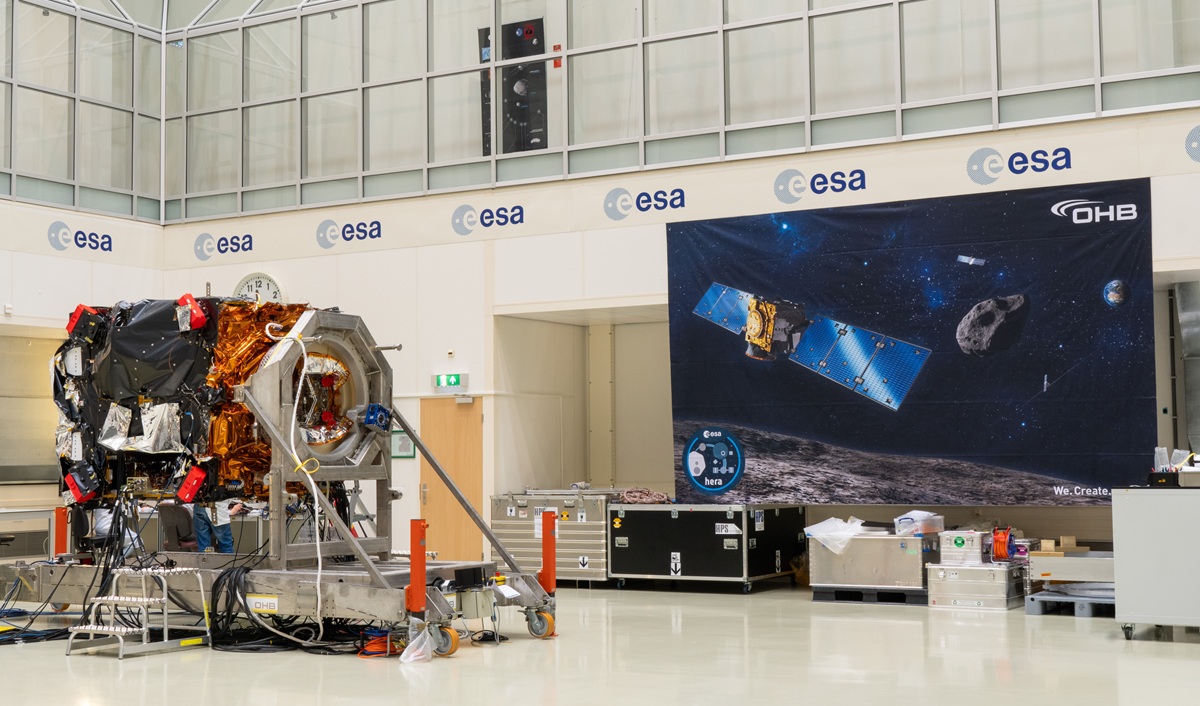Long Beach, California: Rocket Lab USA, Inc., a prominent player in space launch services and systems, has been selected by NASA to launch its groundbreaking astrophysics mission, Aspera. Scheduled for no earlier than the first quarter of 2026, the mission will be deployed aboard Rocket Lab’s Electron rocket from Launch Complex 1 in New Zealand. This collaboration marks a significant step in exploring the universe’s origins, focusing on the formation and evolution of galaxies through ultraviolet light observation.
The Aspera mission is designed to study the intergalactic medium-the hot gas that exists in the vast spaces between galaxies. This gas is believed to play a crucial role in the birth of stars and planets. Using a specialized telescope to observe ultraviolet light emissions, Aspera will be the first NASA astrophysics mission dedicated to gathering and mapping these ultraviolet signatures. The data collected promises to deliver unprecedented insights into how galaxies form and evolve, shedding light on the cosmic processes that lead to the creation of stars, planets, and potentially life itself.
Rocket Lab’s selection to launch Aspera continues a successful partnership with NASA that has spanned several key science missions. The company has previously launched NASA’s CAPSTONE mission to the Moon, which was operated by Rocket Lab’s Lunar Photon spacecraft. It also supported the TROPICS mission for hurricane monitoring, launched in two Electron missions in May 2023, and the PREFIRE mission focused on climate change research in Antarctica. Since 2018, Rocket Lab’s Electron rocket has become a trusted vehicle for deploying small satellite science and technology payloads, demonstrating reliability and precision in orbital deployment.
Sir Peter Beck, Rocket Lab’s founder and CEO, expressed pride in the ongoing collaboration: “As a long trusted launch partner for NASA’s most pioneering small satellites, it’s great to be able to continue that support for another innovative science mission like Aspera. Electron has proven itself to be the premier small launcher through complete launch schedule control and reliably accurate orbital deployment, and we’re looking forward to delivering that again for Aspera.”
Aspera falls under NASA’s Pioneers Program within the Astrophysics Division, which aims to fund compelling astrophysics research at a lower cost. The mission was awarded to Rocket Lab through NASA’s Venture-class Acquisition of Dedicated and Rideshare (VADR) program, a five-year contracting initiative designed to place NASA’s science and technology payloads on U.S. commercial launchers. This approach reflects NASA’s commitment to leveraging commercial partnerships to accelerate scientific discovery while managing costs effectively.
Founded in 2006 and headquartered in Long Beach, California, Rocket Lab has evolved into a comprehensive space company offering end-to-end solutions, including satellite manufacturing, spacecraft components, on-orbit management, and reliable launch services. The company designs and manufactures the Electron small orbital launch vehicle, which has become the second most frequently launched U.S. rocket annually since its first orbital launch in January 2018. Rocket Lab has successfully deployed over 200 payloads from launch sites in the United States and New Zealand, supporting a wide range of missions in national security, scientific research, space debris mitigation, Earth observation, climate monitoring, and communications.
In addition to Electron, Rocket Lab is developing the larger Neutron launch vehicle aimed at constellation deployment and has a family of flight-proven spacecraft supporting missions to the Moon, Mars, and even the first private commercial mission to Venus. The company operates three launch pads across two sites, including two pads at a private orbital launch site in New Zealand and one in Virginia, USA.
The Aspera mission represents a major advancement in astrophysics research by focusing on ultraviolet light to explore the intergalactic medium-a largely uncharted region critical to understanding cosmic evolution. By mapping ultraviolet signatures, Aspera will provide astronomers and scientists with vital data to unravel the processes behind galaxy formation and the cosmic lifecycle of matter.
Rocket Lab’s role in this mission underscores the growing importance of commercial space companies in enabling scientific exploration. Through efficient, cost-effective launch solutions and a proven track record of mission success, Rocket Lab is helping NASA and the broader scientific community push the boundaries of human knowledge about the universe.





![Artist's rendering of Moonraker, a smallsat mission that will map the lunar poles in unprecedented detail and de-risk future landing sites. [Credit: NUVIEW]](https://spacenewscast.com/wp-content/uploads/2025/06/Moonraker_Satellite_Rendering.jpg)